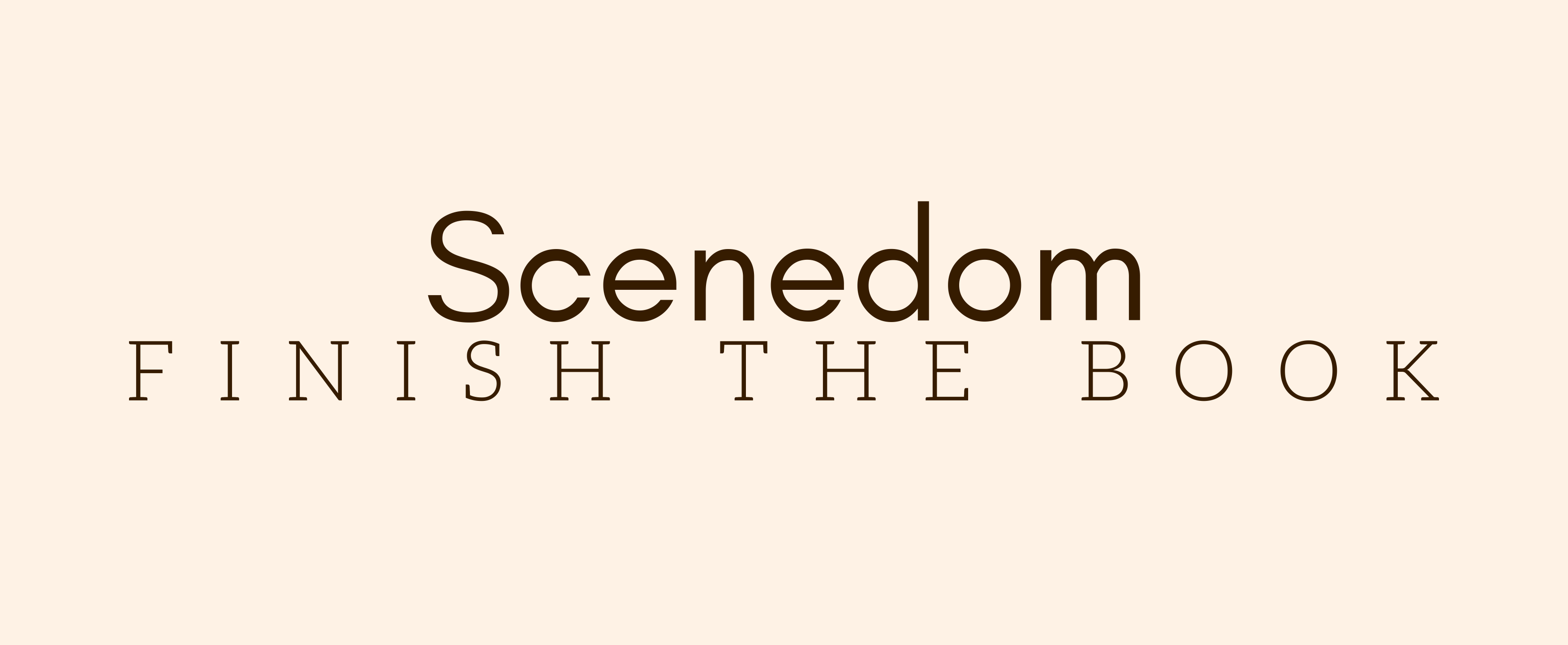
Scene 1 of Dark Momentum chapter in The Traitor in Silicon Valley
By Amin Ariana — April 2015
How this wonderful composition, in a climax that climbs on and on, leads the listener imperiously forward into the spirit world of the infinite!... No doubt the whole rushes like an ingenious rhapsody past many a man, but the soul of each thoughtful listener is assuredly stirred, deeply and intimately, by a feeling that is none other than that unutterable portentous longing, and until the final chord—indeed, even in the moments that follow it—he will be powerless to step out of that wondrous spirit realm where grief and joy embrace him in the form of sound.
E. T. A. Hoffmann, Music critic, describing Ludwig van Beethoven’s Symphony No. 5
Napoleon invaded Vienna in 1809, while Beethoven was recovering from heartbreak and heading into illness. The person we know today as one of the most influential master composers of the classical era was going deaf. He was in the basement of his brother’s house, covering his ears with a pillow to protect what was left of his hearing, during Napoleon's bombing of Vienna.[1]
His heroic career as a composer was coming to an end. "Fate is knocking on the door,” he thought, when the bombs were falling and the landlord came knocking. The first eight notes of Beethoven’s Symphony No. 5 reflect those moments.
When Symphony No. 5 finally premiered, it received a cold and exhausted audience. Nobody cared that the brilliant notes came from a composer who could barely hear. They were exhausted, because the auditorium was cold and the event too long.[2] A powerless man can be heard grieving inside his music, longing, dying to be heard, even though he may not hear ever again.
It was not until years later that the composition shot up in fame and glory. By then, the composer of heroic struggles was dead; the man who remained alive was a music innovator’s apotheosis.
The life of a startup running out of money is no different from the life of a music composer going deaf.
Every person who has ever started a startup is actively going broke. You're not unique; running down the runway is part of the game.
In your darkest hour, when the landlord of fate is knocking on the door to ask for rent, you’ll realize the difference between failure and greatness. Ordinary people are inclined to join the peanut gallery and say "See? We told you it was hard. You should've had a better plan." Forgive them, on the account that they've either given up themselves in the past, or they've never had the guts to start something on their own. As Mark Twain said, "only the great will make you feel that you too can become great."
But neither Twain nor any other writer got famous for saying that to get to revenue, you're probably going to need much more time than you're estimating. It looks as if others get to greatness in months, but it takes years. It may take two years, sometimes five years, even ten years. Never just six months.
This creates a dilemma, because we're always told greatness requires fulltime commitment and a heroic effort. How can an ordinary startup with meager savings and a non-existent revenue stream endure that path?
This is where ordinary people make the biggest mistake. A startup is not a Delaware registered company. A startup is an ordinary person who puts his fulltime commitment into achieving greatness. The startup company itself may die in the process.
Do what you need to do to preserve yourself. Keep the company going if you want to, or take a job. Keep the idea, or dump the idea. Cling on to the hope of raising funding, or start working on the next masterpiece in your spare time. Those things are not the startup you're building.
The longing that keeps you going with the powerless grief of a deaf composer is not for a warm reception today. Your longing is for the empowering joy that you will have left behind in an immortal legacy, once you walk through the darkness of trials, regardless of the outcome; when you find yourself still hearing the music after going deaf.
Walking through the valley of death, when fate is knocking and you’ve got no hearing left, is apotheosis.
The startup you're truly building is not a company; it's you.

